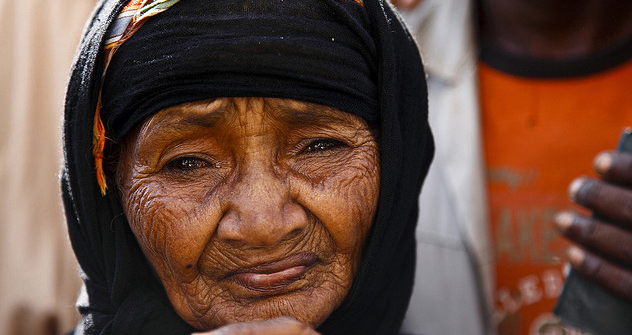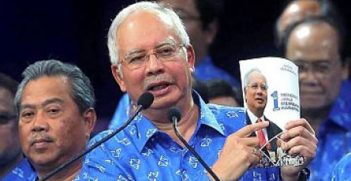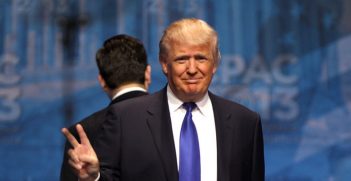Yemen in Crisis

The need for a united Yemen and an international push for peace.
Yemen is not at war. Many broadcasts and reports have described the ongoing conflict as a war, but for Yemen to be at war, it would have to be unified. Instead, Yemen is experiencing an internal power struggle, which is being interfered with by regional and international powers. Sadly, it is the people of Yemen who suffer while Saudi Arabia (Sunni); the Houthis (Shia); President Hadi (Sunni); Al Qaeda (radical Islamists); former President Saleh (Houthi ally); allegedly Iran (Shia); and the reluctant US play out their geo-politics. Now, Yemen is on the verge of a humanitarian crisis.
Yemen has a long history of instability. Traditional power structures and tribalism have remained prominent, despite the pro-democratic advances during the Arab-spring. Since the Houthi overthrow of President Hadi and his subsequent departure from Yemen, the state has become increasingly anarchical, despite many Yemenis attempting to continue life as normal. However, Saudi Arabian airstrikes on Houthi and Saleh-loyalist military positions are causing chaos in civilian populated areas.
The effect this conflict is having on one of the poorest populations in the Arab world is multi-faceted. The World Health Organization and other aid agencies have estimated that Saudi airstrikes have caused 540 civilian deaths, 2000 wounded and displaced more than 100,000. It is not unusual for civilians to bear the brunt of internal conflicts. However, the problem in Yemen is compounded by the lack of hospital capacity, reduced foreign aid and food shortages.
Saudi airstrikes have destroyed Yemeni airports to deny Houthi control over air assets and have stationed blockades outside ports to restrict movement in and out of the country. Yemen is effectively closed off from the world with only two ICRC aid planes being allowed to land with Saudi permission. This has almost doubled the price of basic food items such as wheat and rice, most of which are imported. International aid is desperately needed more than ever in Yemen. However, aid agencies are being denied access and have not yet been given assurances by all warring parties that they will have operational immunity once in-country.
The UN Secretary-General, Ban Ki Moon, has maintained that Yemen requires dialogue between all parties to find a peaceful solution and this remains the only way forward. While acknowledging the request to invoke a Saudi-led intervention by President Hadi, the Secretary-General argues that external attempts to escalate and protract the conflict will only hinder the prospects for a peaceful solution. More importantly, the Secretary-General has reminded all parties of their obligations under international humanitarian law, which requires the protection of civilians, UN staff and aid workers.
Ultimately, this is a Yemeni–Yemeni issue. The multilayered dimension of Middle Eastern strategic alliances has convoluted the problem, which should be left to the people of Yemen to decide. Yemenis want safety, bare essentials, social services and a pluralist and democratic society that allows Yemenis the ability to rule themselves. Self-determination is an essential pillar of a healthy democracy. But with Saudi-led military intervention, this is not possible.
First and foremost, the Yemen crisis urgently requires an immediate ceasefire to respond to the current and growing humanitarian issues plaguing innocent civilians. Second, international pressure must guide all warring parties towards peaceful dialogue. Future dialogue must be representative of all Yemenis. Despite the conflict, there is still an opportunity for a peaceful resolution. To avoid a protracted humanitarian crisis, like the one in Syria, the fighting must cease and all Yemenis must be part of a new peace process.
Aydon Edwards has an MA in International Studies from the University of Queensland and completed an internship with AIIA Queensland in 2013. This article can be republished with attribution under a Creative Commons Licence.





